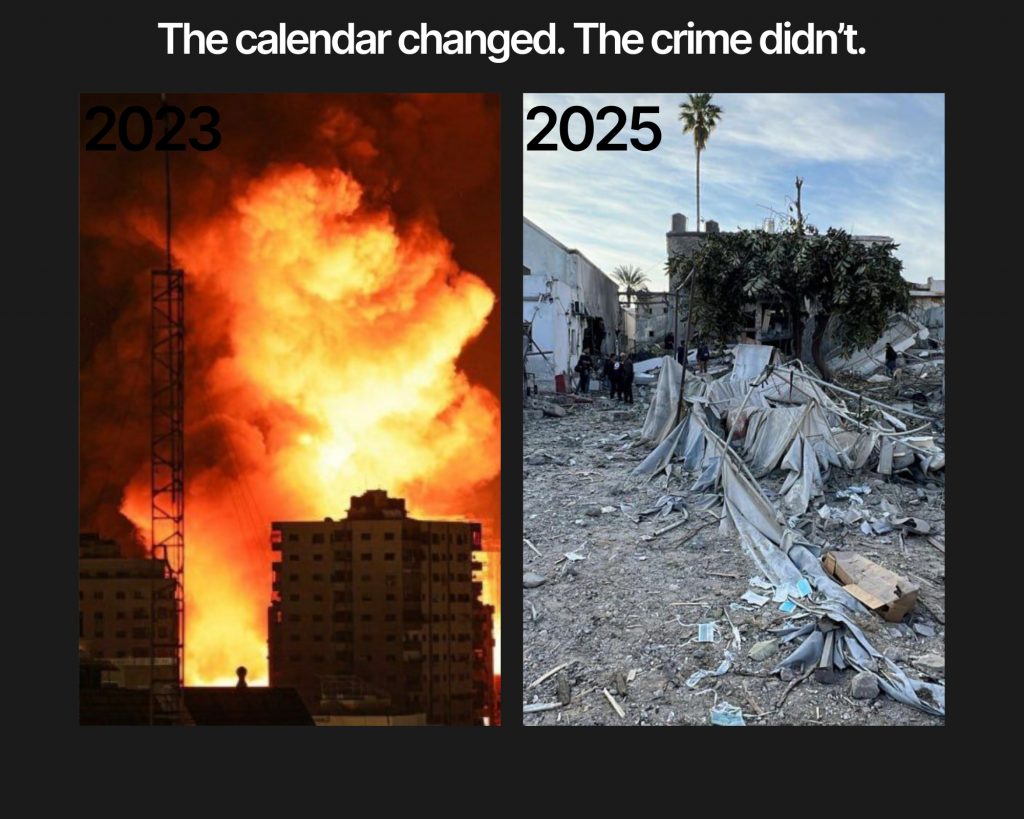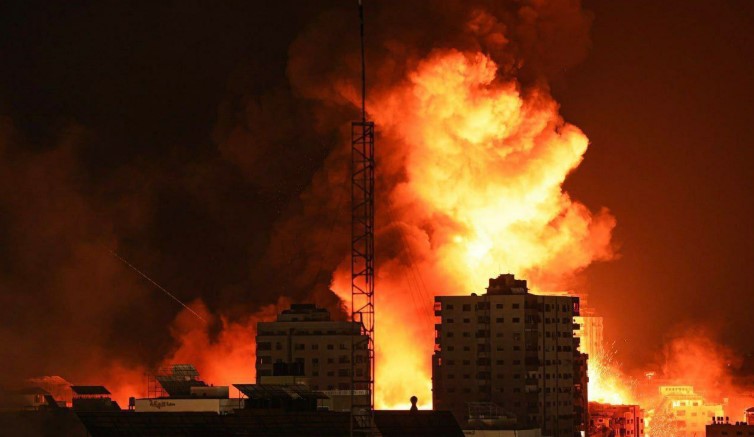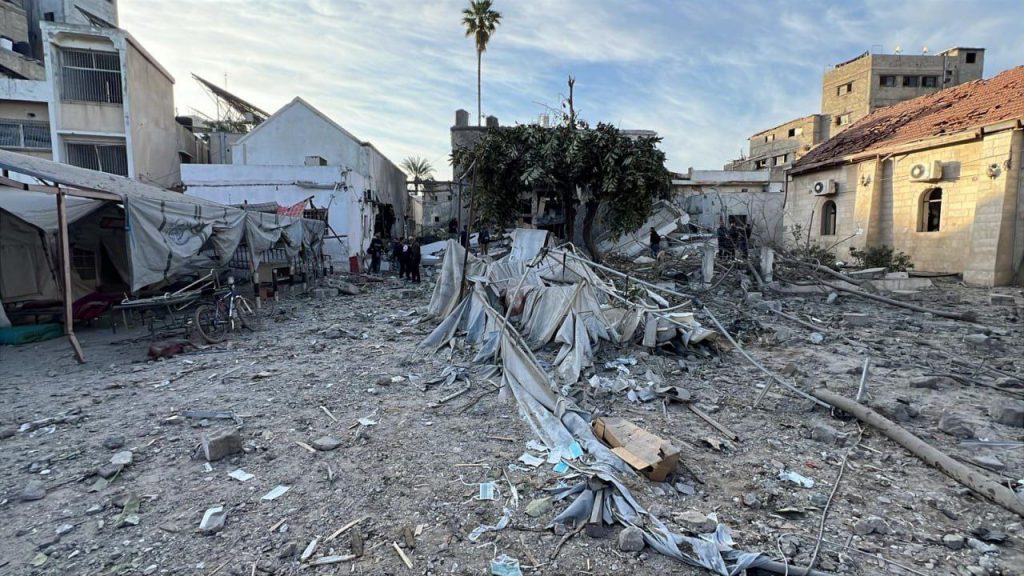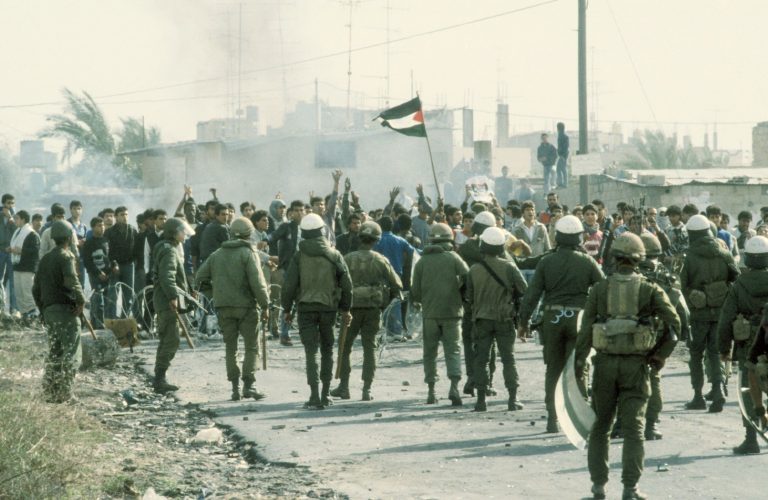The Baptist Hospital in Gaza City, a facility affiliated with the Anglican Church, has once again become the site of tragedy. For the second time since the war began, the hospital was struck by Israeli airstrikes, resulting in the destruction of its emergency and reception wings, the displacement of medical staff and patients, and multiple casualties. This article documents the timeline of these assaults and presents the broader legal and moral implications under international law.

October 17, 2023 – The First Bombing
- The first attack on the Baptist Hospital occurred during the early weeks of the war. Hundreds of civilians were sheltering in the hospital grounds when an explosion resulted in mass casualties.
- Global outrage followed, with widespread condemnation from humanitarian organizations, religious leaders, and international legal experts.

April 12, 2025 – The Second Strike
- Around 1:54 AM Gaza time, Israeli warplanes launched an airstrike targeting the Baptist Hospital for a second time.
- The attack destroyed the reception and emergency units, forcing patients and wounded civilians into the streets.
- Palestinian sources described the strike as a deliberate act intended to cripple Gaza’s already overwhelmed health infrastructure.
- The Episcopal Church in Jerusalem and the Middle East issued a statement condemning the attack, calling it an assault on a sacred and humanitarian space.

April 13, 2025 – Aftermath
- Widespread footage and reports emerged showing the extent of the destruction. The hospital’s courtyard, triage area, and critical care zones were in ruins.
- The Hamas leadership issued a strongly worded statement labeling the bombing a “war crime,” holding the Israeli military and the U.S. government responsible.
- Calls for international intervention and accountability escalated, with renewed pressure on the United Nations and International Criminal Court to act.
Violations of International Law
Attacking medical facilities is a serious violation of international law. The Geneva Conventions clearly state that hospitals must be protected during armed conflicts unless they are being used for hostile purposes—something no evidence has supported in the case of the Baptist Hospital.
Striking a hospital not once, but twice, in the span of a war raises serious legal questions. These attacks could be seen as war crimes due to the civilian casualties and lack of military justification. In such densely populated areas like Gaza, the burden to avoid civilian harm is even higher.
Global Reaction and Human Impact
The repeated bombing of a known hospital has provoked international condemnation and outrage. It has deepened global mistrust of Israel’s conduct in the war and put increased pressure on its allies, especially the United States, to respond.
Many in the Arab and Muslim world now view the silence of global institutions as complicity. Human rights groups argue that allowing these attacks to go unpunished undermines the entire framework of humanitarian protections in war.
It’s not just about laws—it’s about human values. When hospitals are turned into targets, it signals a dangerous collapse of basic norms meant to protect the vulnerable during war.
The repeated targeting of the Baptist Hospital stands as a chilling symbol of the war’s brutality and the impunity with which it is conducted. As the war in Gaza drags on, the deliberate or negligent targeting of hospitals not only deepens the humanitarian crisis but also raises profound questions about the future of international norms, justice, and human dignity.
The world must ask: how many hospitals must be bombed before red lines are enforced?



